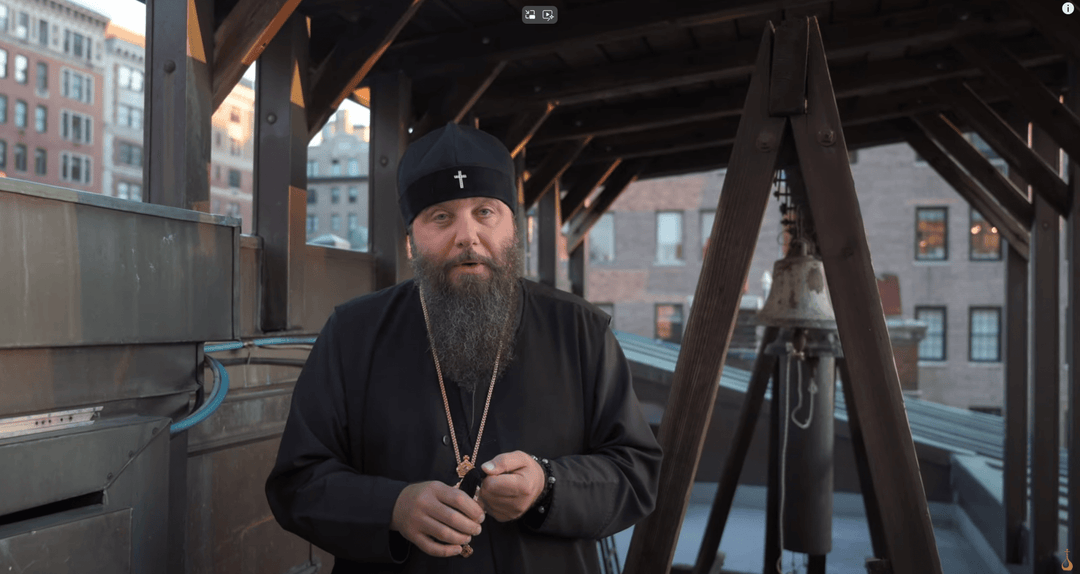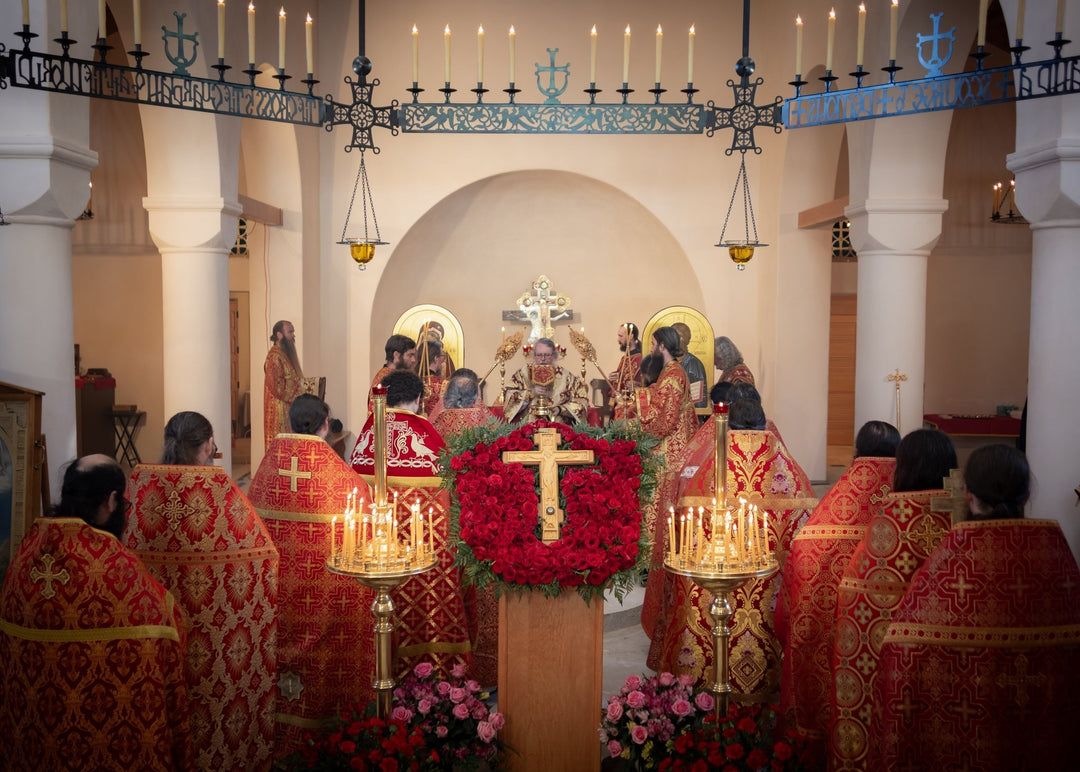Sermons & Homilies
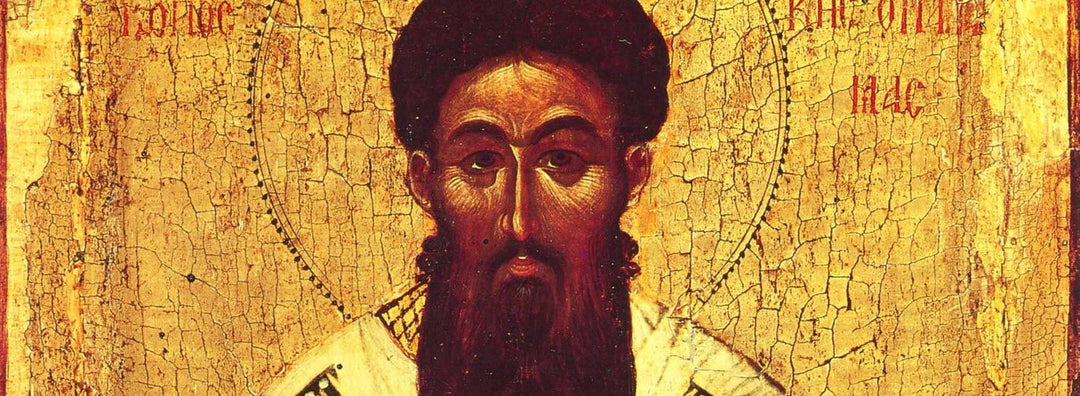
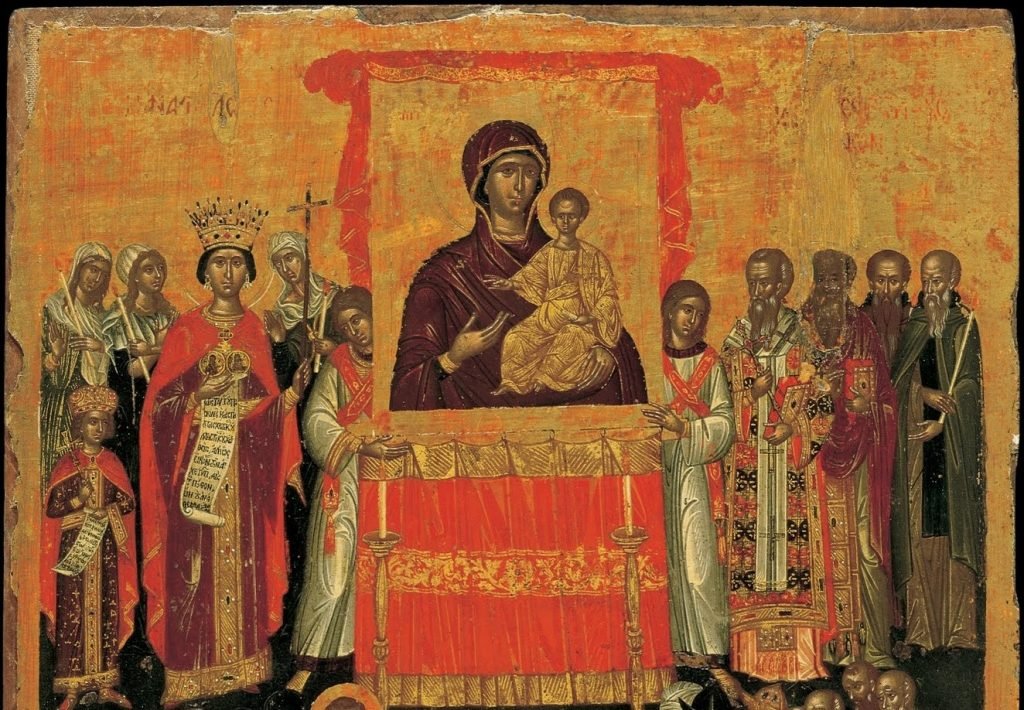
We are gathered here together on the first Sunday of Great Lent to celebrate the Triumph of Orthodoxy. This feast was originally established to commemorate the victory of the venerators of icons over the iconoclasts, but more generally we also commemorate on this day the victory of the true Orthodox faith over all the heresies that have challenged it throughout history.
There is an interesting fact which we easily overlook about this feast: the original Triumph of Orthodoxy, the triumph of the veneration of icons, was not only a victory in a battle waged within the Church, but also within society and the entire Byzantine Empire at large. You see, when the final victory of the holy icons occurred, the Seventh Ecumenical Council was long over, the bishops had already decreed that the icons are a holy and necessary part of our faith. It was rather the iconoclast emperors who had continued to resist; therefore the Triumph of Orthodoxy was not only a theological triumph, but also a political triumph.
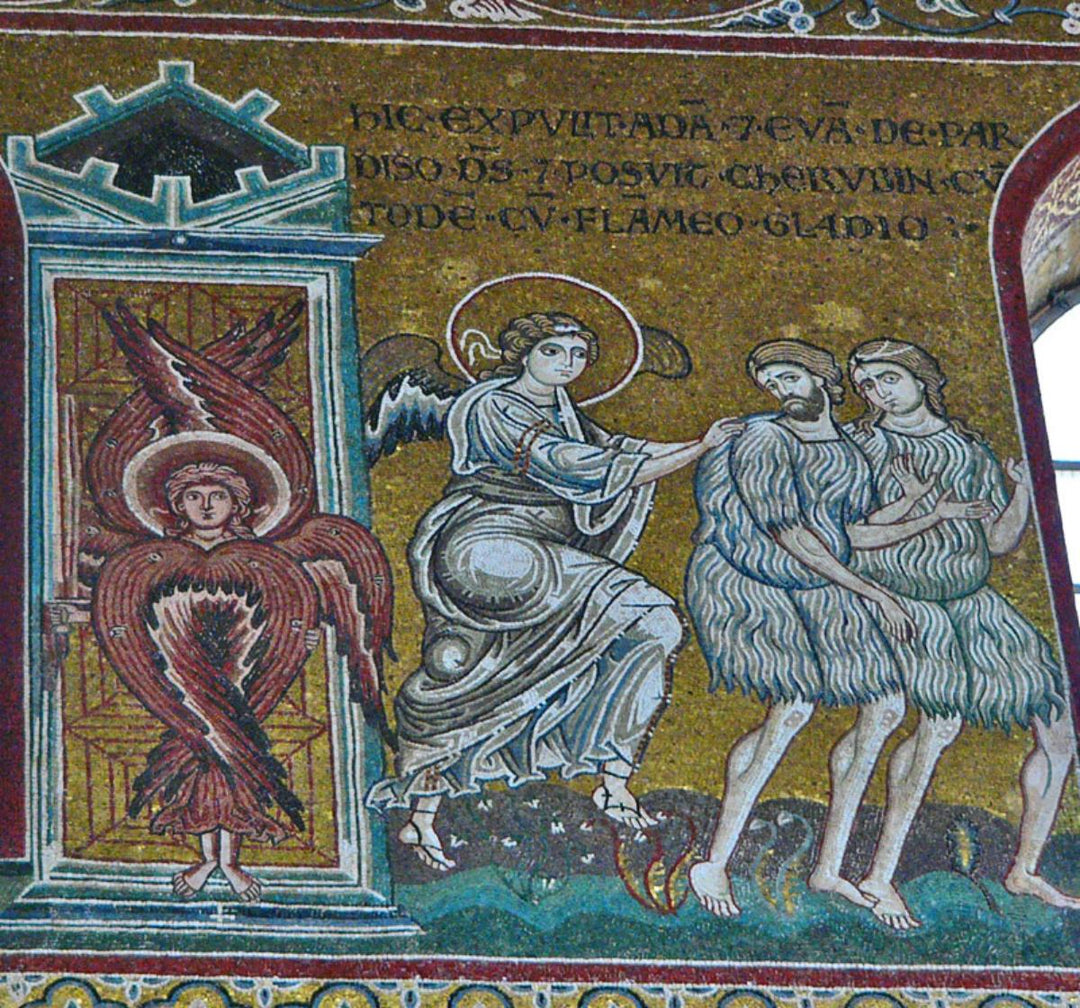
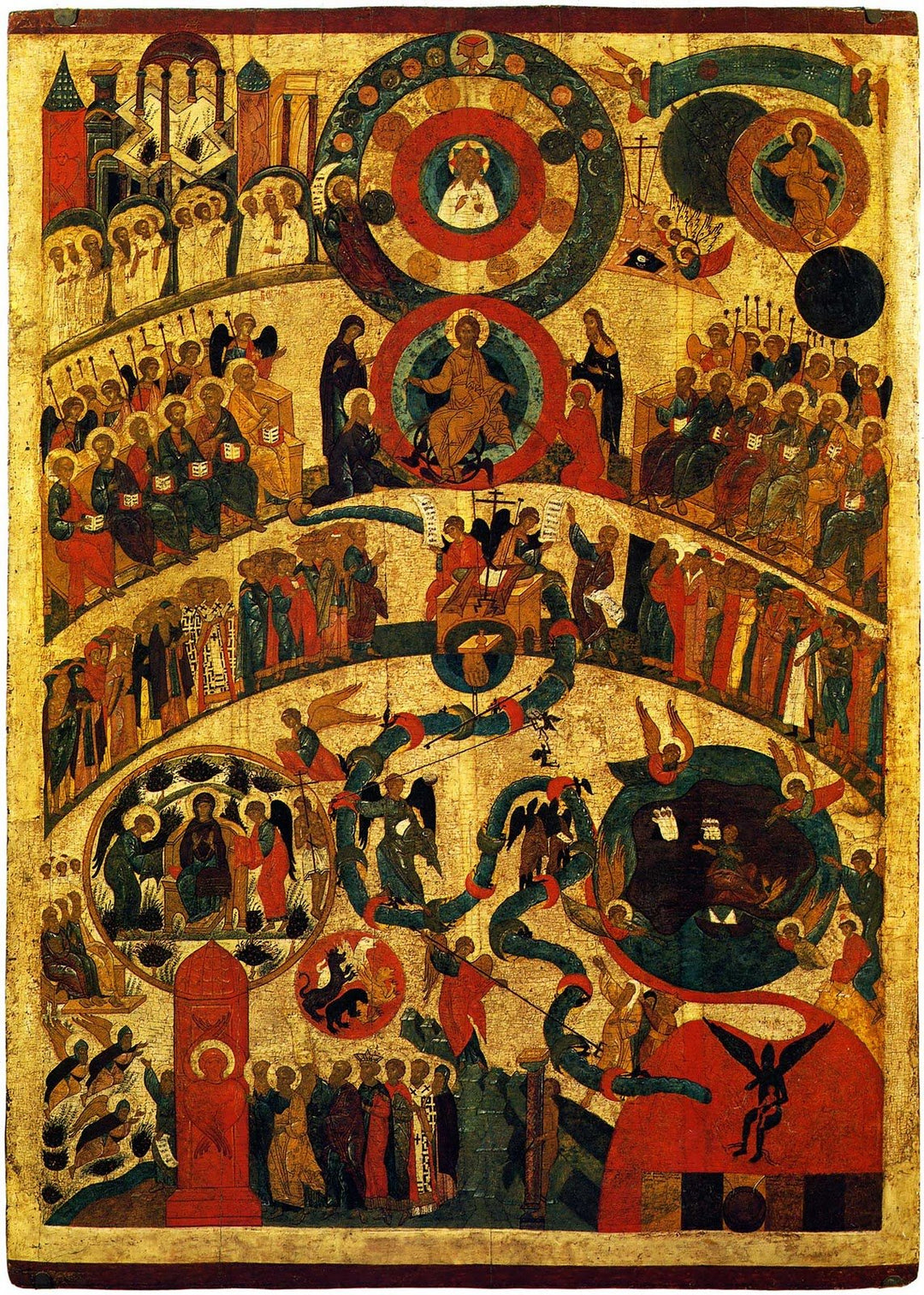
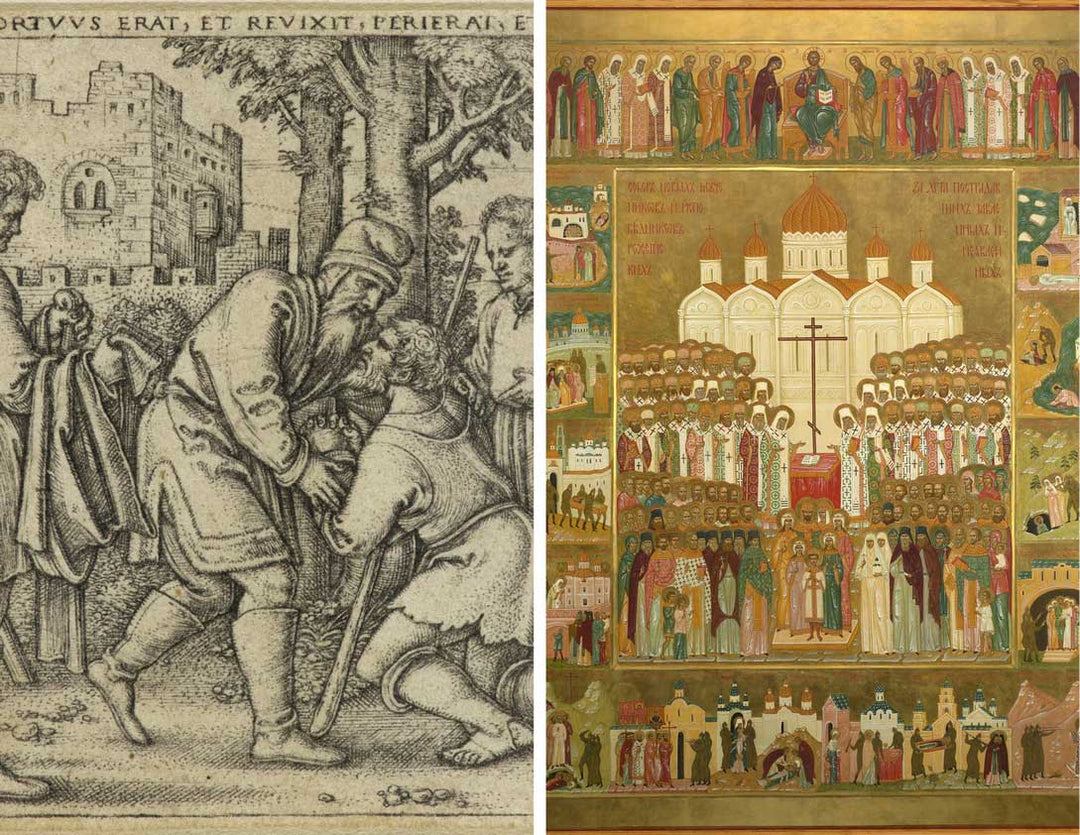
In the life of a martyr, the greatest of all virtues is seen – love - love for Jesus Christ. “Greater love has no man than this, than to lay down his life for his friends” (cf. John 15:13-14). And who is our supreme friend if not Christ? As He himself says, we are His friends, and not His servants, if we keep His commandments.
It is only through the lens of love that we can see that all things work together for good to those who love God, who are called according to His purpose. For God’s love and His purposes are less apparent to us in a life of pleasure and ease than they are in a life of hardship and suffering.
Where does this love begin? When we come to ourselves.





